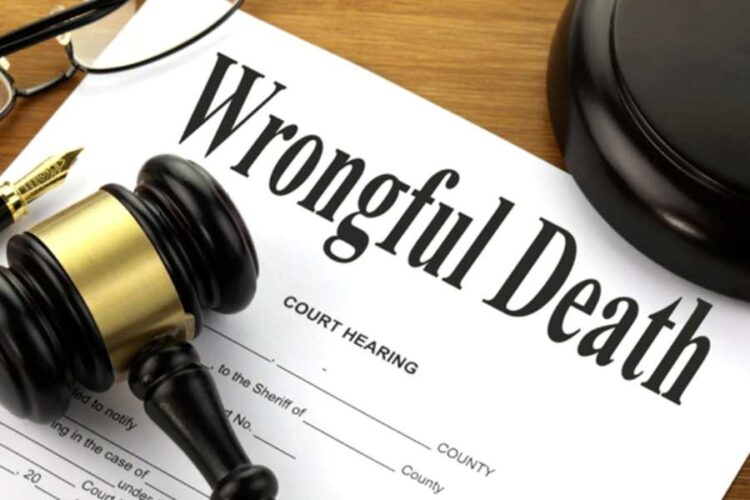Suffering the loss of a loved one because of someone else’s mistakes leaves a lasting impact, both emotionally and financially. Families under such circumstances may seek compensation to address the losses and hardships caused.
Atlanta is known for its thriving economy, fueled by industries like technology, media, and transportation. Despite its elegance and good economy, the state loses many lives due to the negligence or misconduct of others.
When a loved one’s life is tragically cut short due to negligence or misconduct, the law permits surviving family members to pursue compensation for their loss. A wrongful death attorney in Atlanta is crucial in helping families pursue justice and secure the support they deserve. These damages aim to address both financial and emotional hardships caused by the death.
This post discusses the various damages families may claim after losing a loved one, shedding light on the legal options available to those seeking accountability.
Economic Damages
Economic damages focus on the measurable financial impact of the loss. These include:
Medical Expenses
If the deceased received medical treatment related to the injury that caused their death, these costs become part of the claim. Hospital bills, surgeries, medications, and emergency care fall into this category.
Funeral and Burial Costs
The expenses related to arranging a funeral and burial can be substantial. Families may recover the full amount of these costs.
Lost Wages and Benefits
The income the deceased would have earned over their expected lifetime is often recoverable. This includes salary, bonuses, benefits, and retirement contributions that the family will no longer receive.
Loss of Services
Economic damages often include the value of the deceased’s household services, such as childcare, maintenance, or caregiving.
Non-Economic Damages
While non-economic damages are less tangible, they are no less important. These address the emotional and psychological effects of the loss.
Loss of Companionship and Guidance
The absence of emotional support, love, and guidance provided by the deceased significantly impacts surviving family members. The law recognizes the value of these relationships.
Pain and Suffering
The grief and emotional distress the family experiences may be compensated. Though challenging to quantify, this category acknowledges the deep emotional toll of the loss.
Loss of Enjoyment of Life
In some cases, compensation covers the diminished quality of life experienced due to the absence of the deceased.
Punitive Damages
In certain situations, the court may grant punitive damages. These are not meant to pay the family directly but to punish the responsible party for particularly reckless or intentional behaviors. Punitive damages send a strong message, deterring others from similar actions.
Calculating Damages
Determining the value of damages involves a detailed assessment of the deceased’s life and contributions. Courts consider age, health, earning capacity, and the relationship between the deceased and their family. For non-economic damages, the emotional impact on survivors plays a central role in the evaluation.
The Importance of Acting Quickly
Wrongful death cases are subject to time limits, known as statutes of limitations. These deadlines vary subject to the jurisdiction and specific circumstances of the case. Acting promptly ensures the preservation of evidence and increases the likelihood of a successful claim.
Pursuing a wrongful death claim helps surviving family members secure compensation for their emotional and financial hardships. Understanding the types of damages available ensures that families can make informed decisions. Taking legal action promptly allows families to seek justice and closure after a devastating loss.










